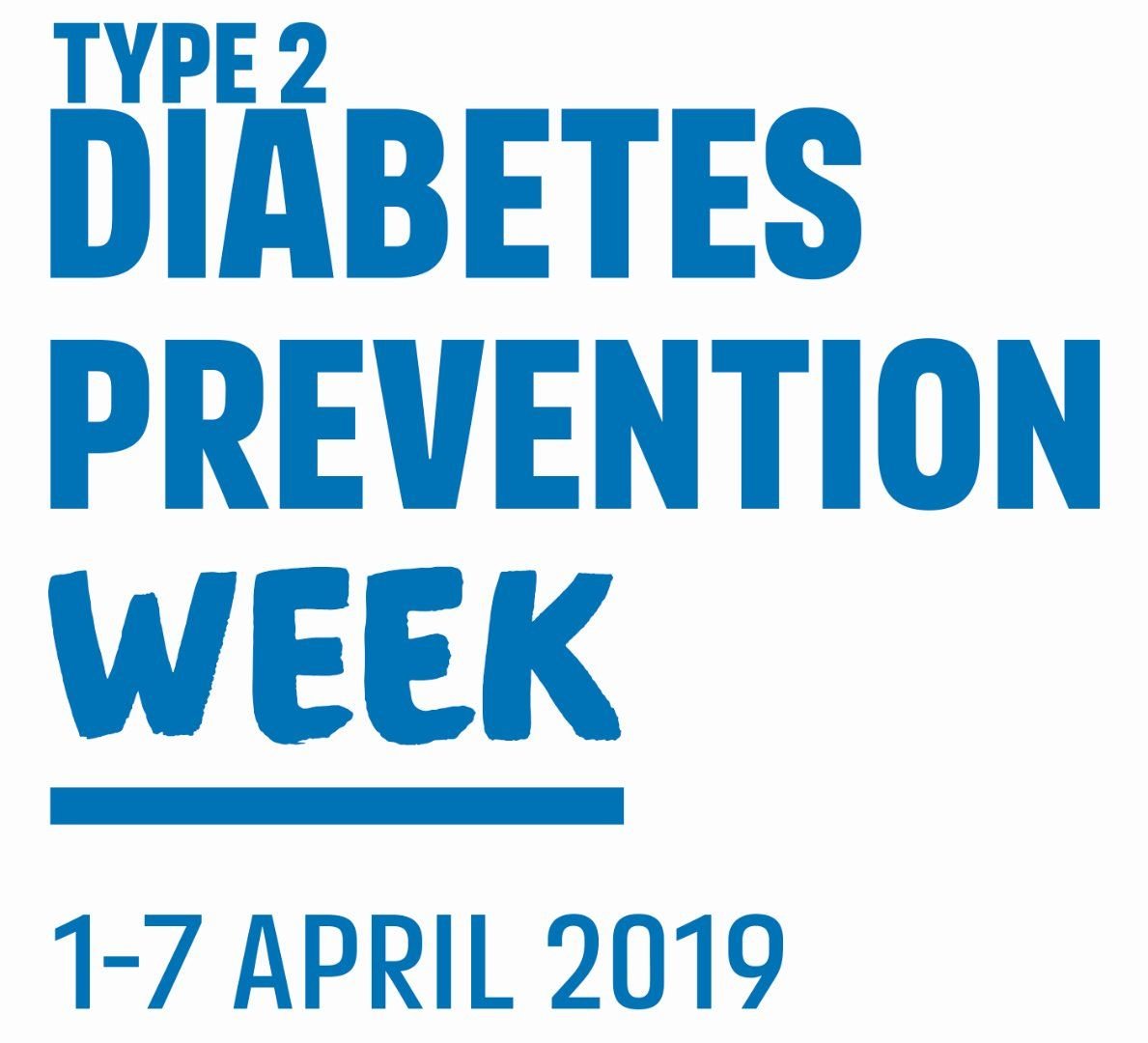Posted on: 1 April 2019
 Patients who have completed the NHS Type 2 Diabetes Prevention Programme (DPP) have lost more than 55,000kg between them, the equivalent of 4 double decker buses.
Patients who have completed the NHS Type 2 Diabetes Prevention Programme (DPP) have lost more than 55,000kg between them, the equivalent of 4 double decker buses.
New figures show that the 17,000 people who attended most of the healthy living sessions lost an average of 3.4kg, over one kilogram more than originally predicted and a total of 59,000kg.
The programme, a joint initiative between NHS England, Public Health England and Diabetes UK which gives advice on dieting, exercise and healthy lifestyle, is being doubled in size over the next few years to treat around 200,000 people annually as part of the NHS Long Term Plan’s renewed focus on prevention.
From July, online versions of the DPP, which involve wearable technologies and apps to help those at risk of Type 2 Diabetes, will be provided for patients who find it difficult to attend sessions because of work or family commitments.
Diabetes and its complications cost over £10 billion every year to treat and one in six patients in hospital has diabetes. Around nine out of 10 people with diabetes have Type 2 which is closely linked to obesity and there is strong evidence that in many it is preventable.
A lack of exercise, poor diet and being overweight are all risk factors for developing the disease. The programme is designed to stop or delay onset through a range of personalised lifestyle interventions, including:
- education on lifestyle choices
- advice on how to reduce weight through healthier eating
- bespoke physical activity programmes
Several providers have been appointed to scale up and roll out the service as set out in the NHS Long Term Plan. They are Reed Momenta, ICS Health and Wellbeing, WW GBR ltd (formerly Weightwatchers), Ingeus, Living Well Taking Control.
The providers for the online programme are OurPath, Oviva, WW GBR ltd, Changing Health and Liva Healthcare.
Recent projections show that the growing number of people with diabetes could result in nearly 39,000 people living with diabetes suffering a heart attack in 2035 and over 50,000 people suffering a stroke.
Professor Jonathan Valabhji, national clinical director of diabetes and obesity said:
“Around two thirds of adults and one third of children are now overweight or obese, driving higher and higher rates of Type 2 diabetes that we are now focusing huge efforts to address, as outlined in the NHS Long Term Plan.
“I’m delighted that our work so far in this area has been producing really positive results. This weight loss and glucose reduction is promising – we hope to help many more of those who are at risk of Type 2 diabetes to not get it in the first place.”
Harry Matharu was diagnosed by his GP as being pre-diabetic and borderline obese when he was 56. Harry decided to take action, to review his sedentary and slow paced life style and lost over 3 stone after being referred to the NHS Diabetes Prevention Programme.
Harry said: “The prevention programme has changed my life.
Since I started it, I’ve gone through at least three different clothing sizes and from a waist 42 to a 28. Above and beyond the weight loss – I’m healthier and I’m happier. I’m 56 now and my next big goal is to get a six-pack by 60.”
Duncan Selbie, Chief Executive at Public Health England said:
“This is a great start, but with our increasingly sedentary lifestyles and 6 in 10 people overweight or obese the costs to the NHS are unsustainable. That is why we are doubling the size of the programme to help prevent more people from getting this deadly disease”.
Corinne Harvey, Public Health Consultant in Health and Wellbeing (Yorkshire and Humber), said:
“Type 2 diabetes is among the biggest causes of early death and ill health in West Yorkshire and Harrogate, and many cases are preventable. Much work has been done to try and halt the rise in the disease here already through the NHS Type 2 Diabetes Prevention Programme (DPP) and other programmes encouraging us to be more active and lead healthier lifestyles. Developments in the DPP are welcome, allowing us to reach out to even more people to help them from suffering from this preventable illness”.

